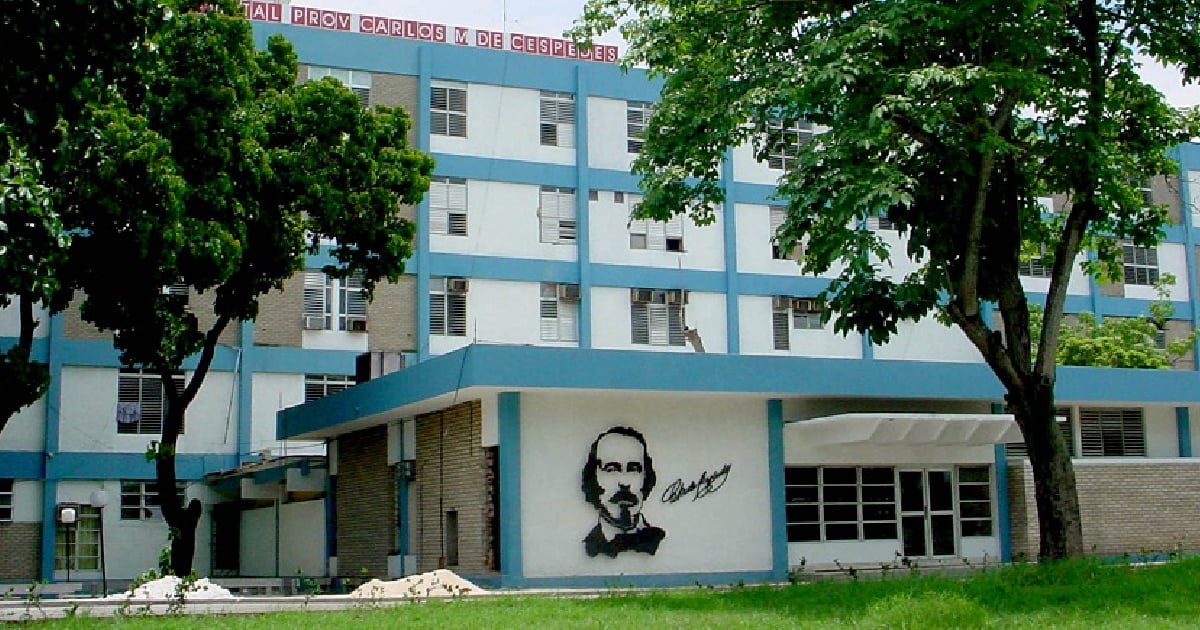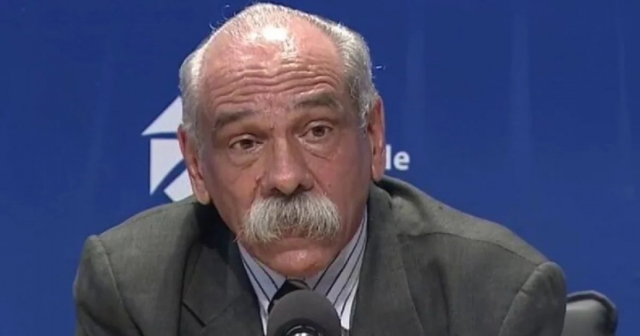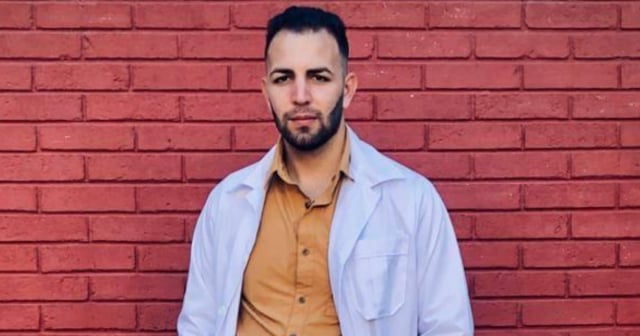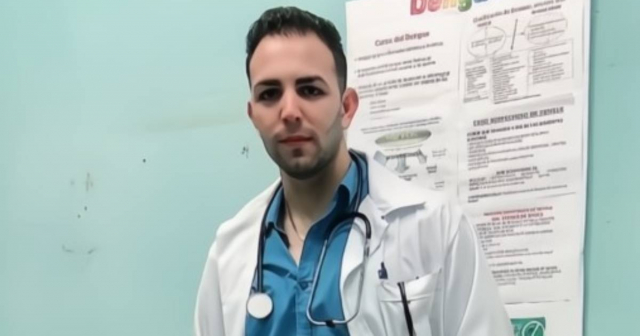
The healthcare system crisis in Cuba continues to generate complaints from professionals who face unsustainable conditions daily in their workplace.
On this occasion, a doctor from the Carlos Manuel de Céspedes Hospital in Bayamo has sent a testimony to CiberCuba to highlight the dire situation at this healthcare facility, a reality that reflects the widespread deterioration of the sector on the island.
The professional requested to remain anonymous. They described a bleak landscape characterized by a lack of basic resources, precarious working conditions, and a constant fear of retaliation.
Complaint from a Cuban doctor sent toCiberCuba
My greetings and respects, first of all. I am writing to you from Cuba in the hope that you can make this complaint public regarding what is happening at the Carlos Manuel de Céspedes Hospital in Bayamo.
I am a doctor, a profession that I deeply love, but it is well known to everyone that there are not enough resources in the healthcare system. However, we have never faced a situation as critical as the current one.
In the service where I work, basic materials for wound care are required, such as gloves, swabs, and dressings, as we treat diabetic patients whose immune systems are severely weakened and need extreme hygiene measures. However, for some time now, due to the inefficiency of the management, we have been working without the appropriate materials. We receive supplies that are not sterilized, not even wrapped in sterile paper, ignoring the risk this poses to the patients.
Additionally, we are not provided with enough gloves, and when they are delivered, we have to recycle them because there are not enough for everyone. There was a time when surgeries were even performed with recycled gloves, putting both patients, who could develop sepsis, and surgeons, who are exposed to aggressive germs due to the poor condition of the gloves, at serious risk.
To make matters worse, anyone who dares to report these conditions is fired. Currently, the hospital is operating with less than 40% of the medical staff it should have, as many prefer to emigrate rather than continue working under these conditions.
The situation is worsening every day. I hope you can make this complaint public so that the hospital management takes urgent action. Thank you very much in advance.
Voices of Cubans on Social Media: Between Helplessness and Courage
The doctor's testimony is not an isolated incident. Social media has provided a platform for other Cubans to express their frustration with the deterioration of the healthcare system and their solidarity with those who, from within, have the courage to speak out.
"Unfortunately, this is the state of all hospitals and public health areas. This is how leaders boast about being a medical powerhouse! Everything has collapsed. Doctors are working wonders with the little they have," commented a user.
Another reader wrote: "My respects, doctor. What you said was very brave and very real. All sectors are suffering at this moment, not just healthcare. Let us hope for God's mercy so that our country can emerge from this crisis. Doctor, do not lose heart, though you have ample reasons to do so."
A particularly emotional response highlighted the bravery of the whistleblowing doctor: "This professional is very brave, having reached a breaking point while witnessing how he has to work and provide care to the sick. But this is how our entire country is—torn apart by poverty."
Other comments highlighted the magnitude of the problem throughout the island: "Generally, the vast majority of hospitals in the country are in such conditions. Kudos to this doctor for raising the issue, as he is personally experiencing the difficulties of the healthcare system in Cuba. This is something we live through every day."
Cubans demand answers from the government.
The testimony and reactions clearly indicate that the situation at the Carlos Manuel de Céspedes Hospital is not an isolated case. The lack of resources, shortage of staff, and structural decay are issues that affect the entire Cuban healthcare system.
Despite the adversities, many doctors continue to practice their profession with dedication and love, although the pressure and shortages push them to their limits. In this context, public denunciations become an act of bravery and a cry for help that demands urgent solutions.
Filed under:






